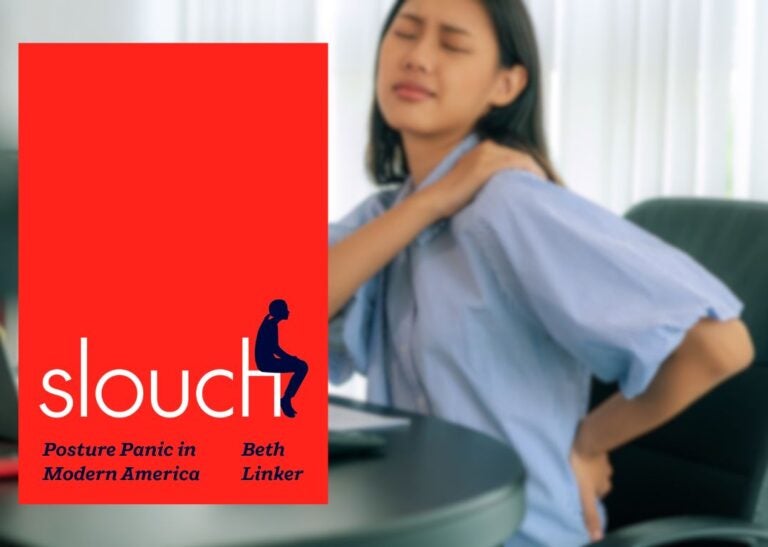How are microplastics affecting our health?, ‘Slouch: Posture Panic in Modern America’
Beth Linker's 'Slouch' delves into this history, revealing the scientific and societal implications of the perceived epidemic of bad posture in twentieth-century America.
Listen 50:01
The unusual and unexpected evolution of the perceived crisis of poor posture in contemporary America—spanning from eugenics and posture contests to present-day advocates of "paleo posture."
There’s 240,000 particles of plastic swimming in the average disposable water bottle. Scientists now understand the people don’t just use a lot of plastic, we are consuming it, too. But what do these particles do in our bodies? That’s the question researchers like Rutgers University professor Phoebe Stapleton is trying to figure out, especially since plastic is unavoidable in our modern world. Stapleton joins us to discuss what we know about the link between plastic and human health.
The fascinating history of the long-forgotten posture panic of the early 20th century. Scientists, inspired by Darwin’s theories of evolution, worried that America was in the midst of a dangerous epidemic of slouching that would cause people to de-evolve. So the county mounted campaigns to get people to stand up straight, an effort infiltrated all aspects of culture and has left remnants still today. We find out more from Beth Linker, professor of social science at the University of Pennsylvania and author of the new book Slouch: Posture Panic in Modern America.
WHYY is your source for fact-based, in-depth journalism and information. As a nonprofit organization, we rely on financial support from readers like you. Please give today.






